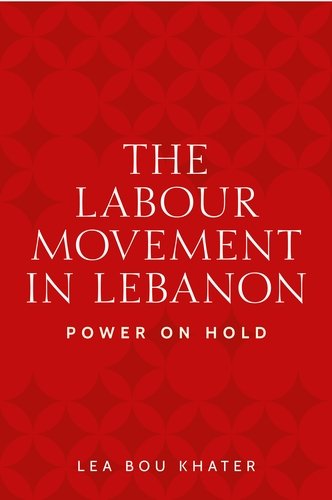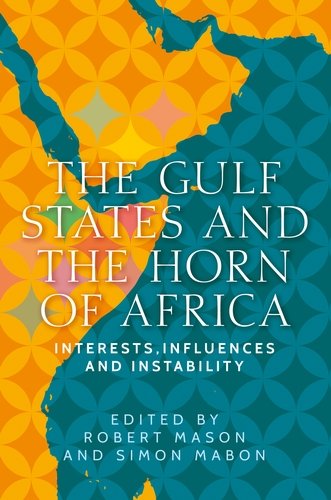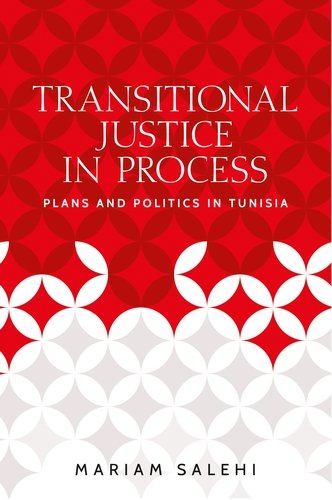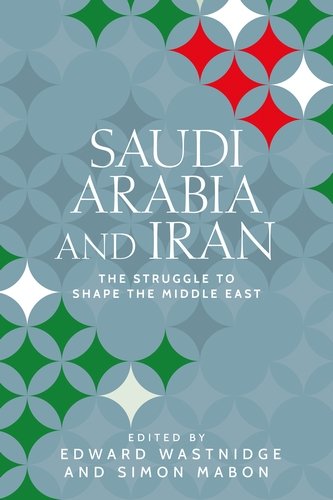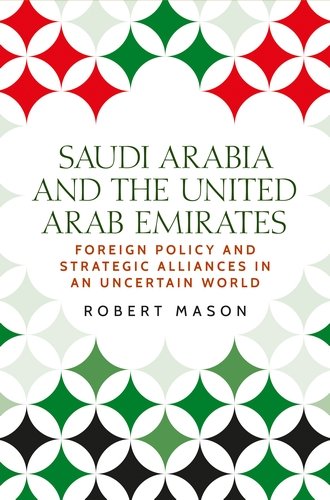Surviving repression
The Egyptian Muslim Brotherhood after the 2013 coup
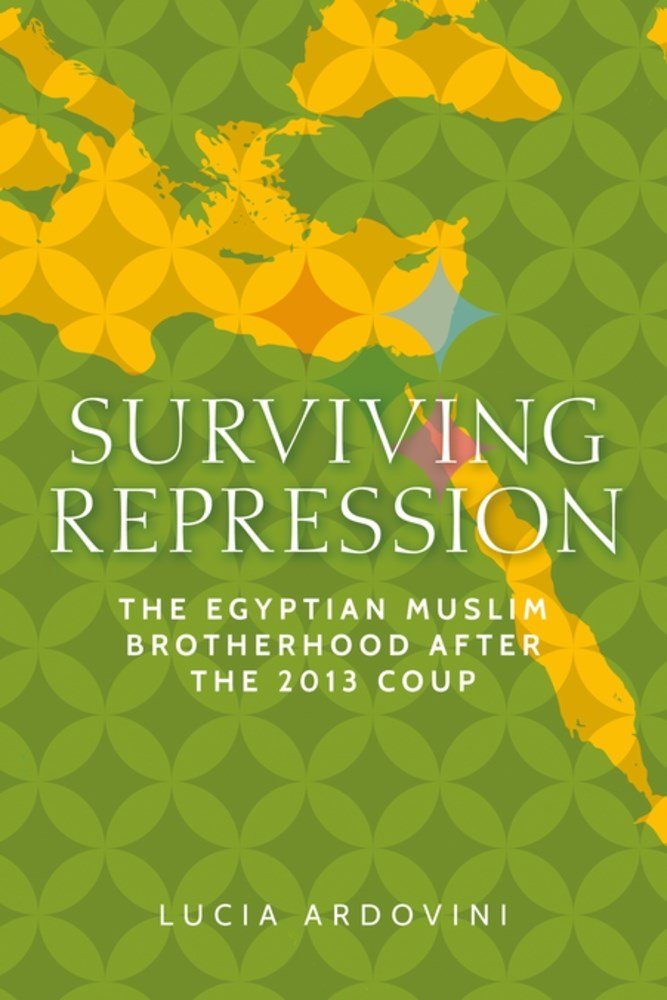
Surviving repression tells the story of the Muslim Brotherhood in the aftermath of the 2013 coup — the first book of its kind to analyse the movement’s recent trajectories by showcasing the experiences of its individual members, analysing how their responses to repression are affecting the movement as a whole.
The Brotherhood gained legal recognition and quickly rose to power after the 2011 Arab uprisings, but its subsequent removal from office marked the beginning of the harshest repression of its troubled history. Forced into exile, the Brotherhood and its members are now faced with a monumental task as they rebuild this fragmented organisation. Drawing on extensive fieldwork and interviews with current and former members of the Brotherhood, the book explores this new era in the movement’s history, emphasising first-hand experiences, perspectives and emotions to better understand how individual responses to repression are affecting the movement as a whole.
This is the first book to comprehensively address the Brotherhood’s trajectories following the 2013 coup, and to examine the external and internal challenges it faces while trying to rebuild in exile. Surviving repression offers a unique insight into the main strategic, ideological and organisational debates dividing the Brotherhood. It reveals that, in order to survive, the movement needs to address two fundamental decisions: what kind of organisation does the Brotherhood want to be moving forward? And is it willing to renegotiate the relationship between the movement and its members in order to maximise its resilience and chances of survival? The book shows that the Brotherhood’s evolution since 2013 has been driven by fundamental questions about organisational identity, its members’ increased agency and growing calls to reform the movement’s core structures and principles. Ardovini’s detailed primary research makes this a vital contribution to the study of the Muslim Brotherhood and political Islam within and beyond the Middle East.

Lucia Ardovini is a Lecturer in International Relations at Lancaster University


